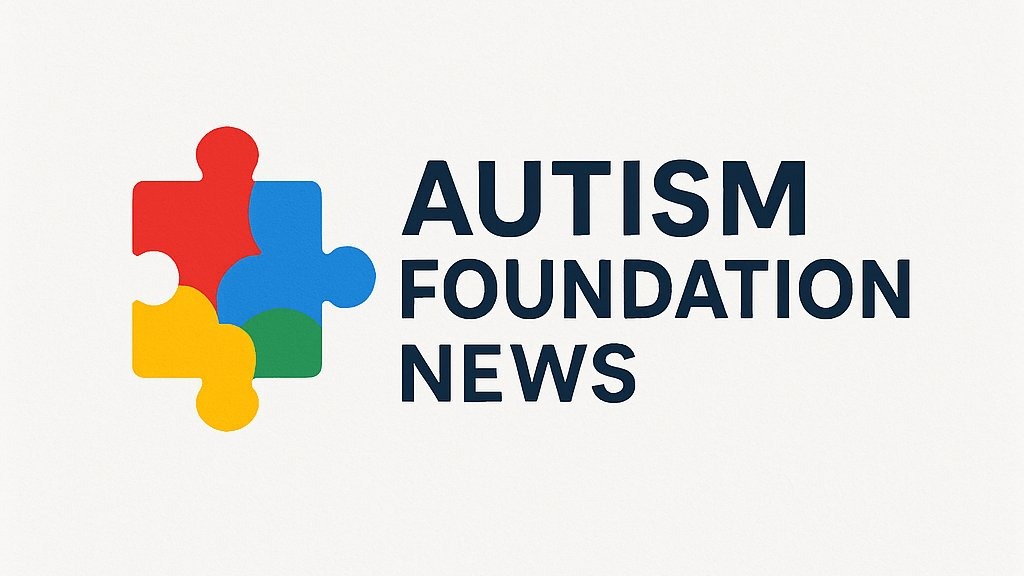
The Power of Mindfulness in Helping Others
In today's fast-paced world, the importance of mindfulness extends beyond personal well-being; it plays a crucial role in enhancing our capacity to help others. Mindfulness, defined as the moment-to-moment awareness of thoughts, feelings, and surroundings, has been linked to increased compassion and altruistic behavior. This correlation reveals how practicing mindfulness not only benefits us individually but can create a ripple effect of positivity in our communities.
Understanding the Connection Between Mindfulness and Helping Behaviors
Research shows that mindfulness practices can improve our ability to empathize and respond compassionately to others. C. Daryl Cameron and Barbara Fredrickson’s recent study highlights two specific mindful traits: present-focused attention and non-judgmental acceptance. These qualities are essential for fostering genuine helping behavior, as they promote emotional awareness and reduce feelings of distress that can accompany empathetic responses.
In their study, Cameron and Fredrickson found that individuals with higher levels of mindfulness experienced a range of positive emotions—compassion, joy, and inspiration—while helping others. Remarkably, 85% of participants reported engaging in some form of helping behavior the previous week, linking mindfulness directly to increased altruistic actions.
The Distinction Between Empathy and Compassion: A Mindful Lens
While empathy often leads to emotional distress due to the absorption of another’s suffering, compassion promotes a proactive desire to alleviate that suffering without becoming overwhelmed. Mindfulness helps achieve this by allowing us to be present with our feelings while encouraging a non-judgmental approach to our experiences. As Shauna Shapiro mentioned, the act of cultivating kindness and care towards oneself translates into how we relate to others.
A mindful approach reduces the urgency to respond automatically out of guilt or obligation, fostering a healthier desire to help. Mindfulness empowers us to be compassionate without losing ourselves in the process of supporting others.
Practical Insights to Enhance Your Mindfulness Practice
To cultivate mindfulness effectively, consider integrating the following practices into your routine. These steps can enhance your emotional resilience and facilitate greater compassion:
- Mindful Breathing: Devote a few minutes each day to mindful breathing exercises. Focus on your breath as a foundation for present-moment awareness, which can anchor you during challenging situations.
- Self-Compassion Activities: Regularly engage in self-compassion practices, such as writing letters to yourself or using loving-kindness meditation. This builds a foundation of care that extends to others.
- Reflective Listening: When engaging with others, practice reflective listening techniques. Ensure to listen actively and empathetically, allowing you to connect with their experiences and needs deeply.
- Daily Gratitude: Incorporate gratitude exercises into your day, focusing on what you appreciate about yourself and others. Recognizing the good strengthens your emotional capacity for compassion.
The Ripple Effect of Mindfulness in Communities
The implications of cultivating mindfulness extend far beyond personal development. As more individuals engage in mindfulness practices, the cumulative effect can enhance community relationships and emotional health. By fostering an environment rooted in compassion and understanding, communities can tackle issues such as indifference and emotional disconnection robustly.
As we explore the interconnectedness of our lives, practicing mindfulness can spark a transformative cycle of support where individuals feel empowered to contribute positively to the well-being of others.
Why You Should Consider Mindfulness
In a world that often emphasizes individualism, mindfulness offers a path toward collective well-being. Recognizing the importance of being present doesn’t just change how we see ourselves; it reframes our approach towards helping others. With compassion guiding our actions, we can cultivate stronger, healthier communities where everyone can thrive.
For individuals with autism, their parents, caregivers, and healthcare professionals, enhancing this understanding of mindfulness and compassion is essential. It encourages practices that support emotional well-being and fosters stronger connections.
As you reflect on your own practices, consider how mindfulness can enrich your helping behaviors, allowing you to contribute meaningfully to the lives of those around you. The essence of helping is not just in the act itself but in the heart from which it arises.
Explore how mindfulness can reshape your approach to helping, and consider sharing your journey with others to inspire a culture of compassion.
 Add Row
Add Row  Add
Add 




Write A Comment